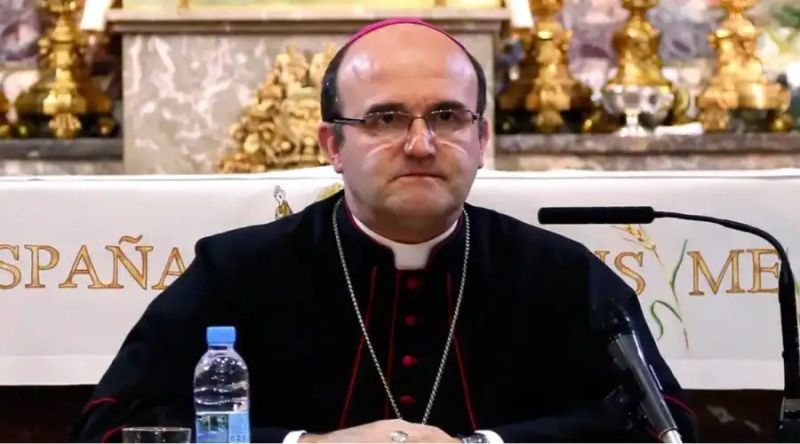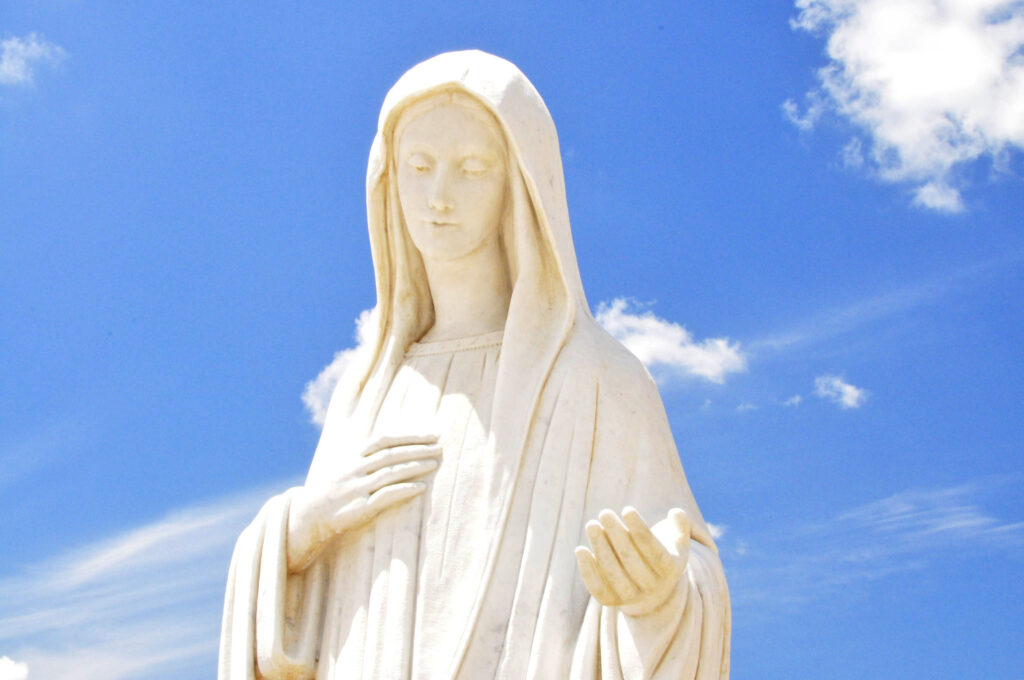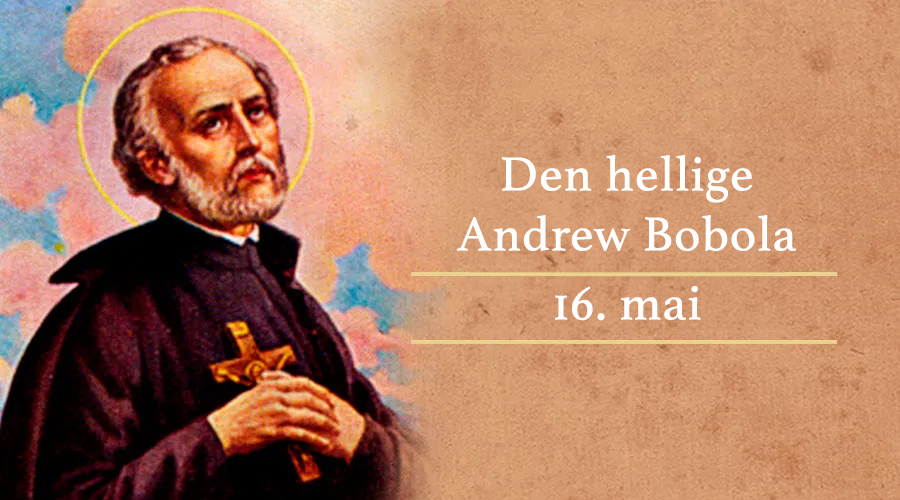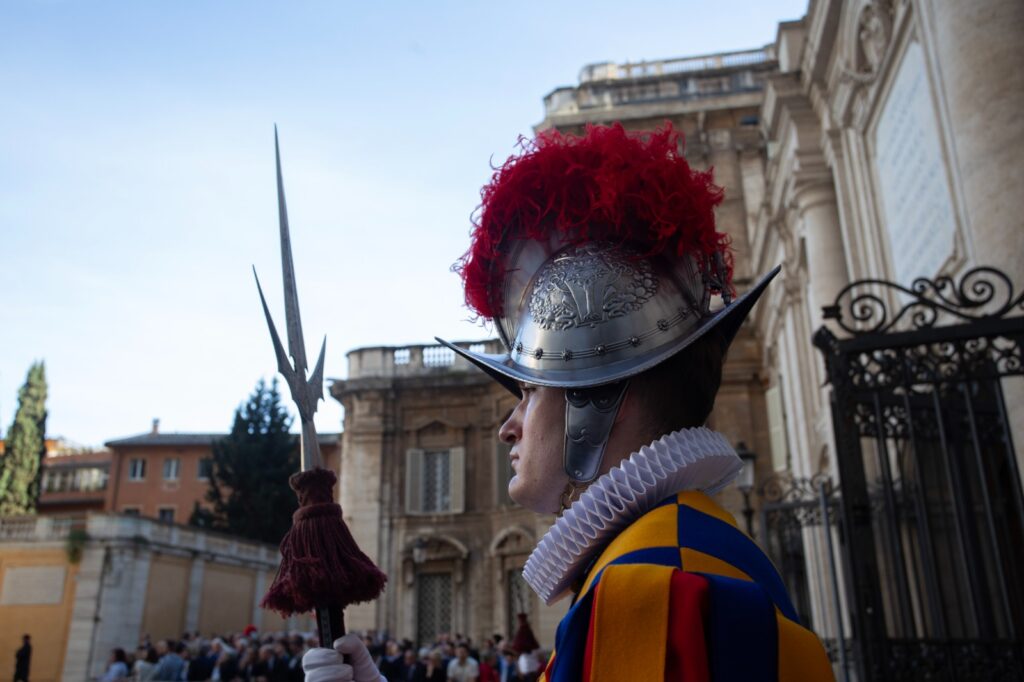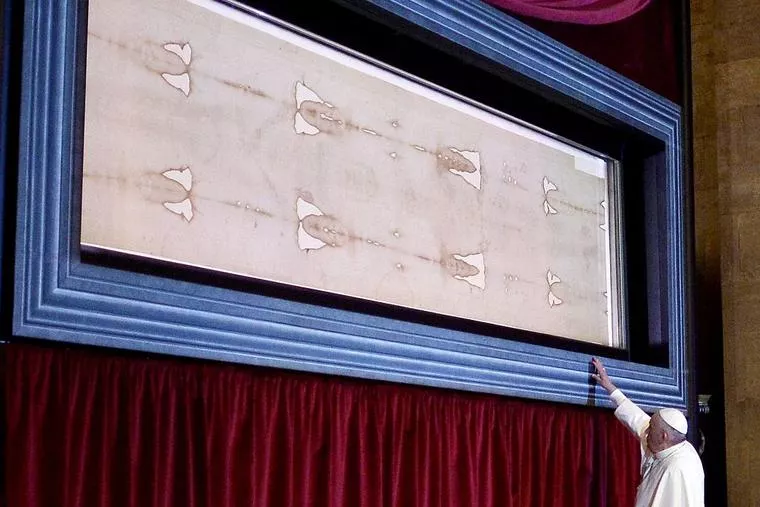ACI Prensa Staff, Dec 20, 2023 / 18:30 pm (CNA).
The bishop of Orihuela-Alicante in Spain, José Ignacio Munilla, is focusing on the implications of pastoral charity involved in blessing couples in irregular affective situations.
The prelate shared his views on X, shortly after the Dicastery for the Doctrine of the Faith released its Dec. 18 declaration, titled Fiducia Suplicans, on the pastoral meaning of blessings.
Munilla said that “pastoral charity is a call that we may bless all sinners but not to bless [their] sin,” noting that “this was how Jesus of Nazareth acted, who ‘blessed’ (spoke kindly to) the sinful woman whom they wanted to stone, but that did not mean that he blessed her relationships. (“Neither do I condemn you, go and sin no more” (Jn 8:11).
The Spanish bishop explained that “the Gospel invites us to bless all who open themselves to the gift of God, including those who live in irregular affective situations, while it does not grant us any power to bless their unions contrary to God’s design.”
Munilla then referred to a reflection he made last October posted on his YouTube channel and addressed to Catholics who have asked the Church for help in “living the virtue of chastity” because they “are experiencing homosexual tendencies.”
On that occasion, Munilla referred to the fact that the Dicastery for the Doctrine of the Faith had made “two hard-to-harmonize pronouncements” on the blessing of homosexual persons. The first was published in 2021 under the authority of then DDF prefect Cardinal Luis Francisco Ladaria. The second was issued this year by the current prefect, Cardinal Victor Manuel Fernández, in response to the dubia of five cardinals.
The fact that both have received “the blessing of Pope Francis” but make different arguments creates “a certain controversy,” Munilla said.
Munilla noted that the text published by Ladaria clearly states that “the Church does not have, nor can it have, the power to bless unions of persons of the same sex.”
The response to the dubia, the Spanish bishop commented, resulted in “a bit of a mess” because it is susceptible to “many interpretations.”
After analyzing their differences, the Spanish prelate maintained that “what is clear cannot be understood based on what is confusing. Rather, what is confusing has to be what is illuminated based on what is clear.”
For Munilla it’s important to “stick to what is clear and ask the Lord to clarify what is not clear,” because “the Church also suffers from this crisis of relativism in which our culture is mired.”
This story was first published by ACI Prensa, CNA’s Spanish-language news partner. It has been translated and adapted by CNA.

